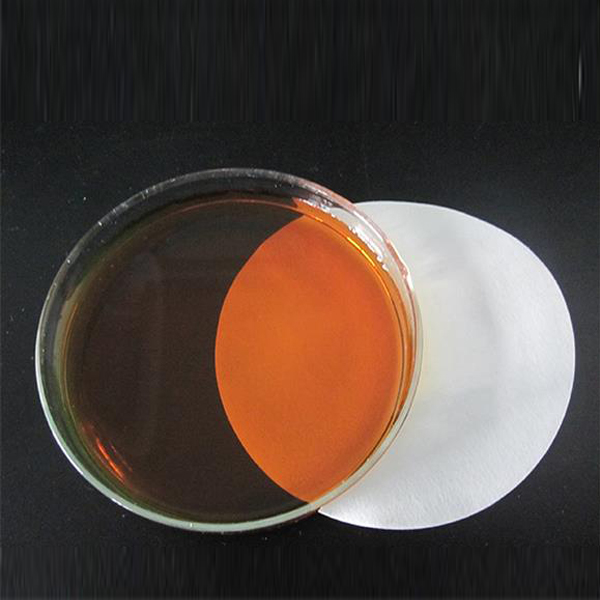
News
aug . 13, 2024 02:02 Back to list
Understanding the Importance of Zinc Chelating Agents in Nutritional and Agricultural Applications
The Importance of Zinc Chelating Agents A Comprehensive Overview
Zinc, an essential trace element, plays a crucial role in numerous biological processes, including immune function, protein synthesis, and DNA synthesis. However, the bioavailability of zinc can often be limited by its interaction with various compounds in the body and the environment. This is where zinc chelating agents come into play. These agents can be instrumental in enhancing zinc bioavailability and ensuring optimal physiological functions.
The Importance of Zinc Chelating Agents A Comprehensive Overview
One of the primary benefits of using zinc chelating agents is their ability to reduce competition for absorption in the gut. In many cases, the presence of other metals and compounds can inhibit the efficient absorption of zinc. For example, phytates found in whole grains and legumes can bind to zinc, making it less bioavailable. Chelating agents can help overcome this issue by binding to zinc and facilitating its transport across the intestinal wall, thus improving overall absorption.
zinc chelating agents quotes

Zinc chelation also plays a significant role in various therapeutic applications. For instance, in the field of medicine, chelating agents are used to treat zinc deficiency, which can lead to a range of health issues, including impaired immune response and growth retardation in children. Moreover, in cases of heavy metal toxicity, some chelating agents used for metals like lead or mercury can also indirectly assist in maintaining zinc levels by ensuring its proper balance in the body.
Recent studies have highlighted the potential for zinc chelating agents in supporting chronic disease management. For example, in conditions like diabetes and cardiovascular diseases, zinc has been shown to exert beneficial effects on insulin signaling and endothelial function. By utilizing chelating agents, healthcare providers can enhance zinc therapy's effectiveness, potentially leading to improved outcomes for patients.
Furthermore, the agricultural sector benefits from the use of zinc chelating agents in fertilizers. Zinc deficiency in soil can lead to decreased crop yield and nutrient quality. By employing chelated zinc in fertilizers, farmers can improve zinc availability to plants, leading to healthier crops and better food security. This application not only aids in addressing nutritional deficiencies in plants but also has broader implications for human health as it helps fortify the food supply with essential minerals.
In conclusion, zinc chelating agents are vital in enhancing zinc bioavailability and supporting a wide range of applications, from dietary supplements to agricultural practices. Their ability to bind zinc ions and facilitate absorption is crucial for maintaining optimal health and preventing deficiencies. As research continues to evolve, the importance of these chelating agents in both healthcare and agriculture will likely grow, underscoring their role in promoting overall well-being. Awareness and understanding of these agents can lead to better nutritional strategies and more sustainable agricultural practices, ultimately benefiting society as a whole.
-
Polyaspartic Acid Salts in Agricultural Fertilizers: A Sustainable Solution
NewsJul.21,2025
-
OEM Chelating Agent Preservative Supplier & Manufacturer High-Quality Customized Solutions
NewsJul.08,2025
-
OEM Potassium Chelating Agent Manufacturer - Custom Potassium Oxalate & Citrate Solutions
NewsJul.08,2025
-
OEM Pentasodium DTPA Chelating Agent Supplier & Manufacturer High Purity & Cost-Effective Solutions
NewsJul.08,2025
-
High-Efficiency Chelated Trace Elements Fertilizer Bulk Supplier & Manufacturer Quotes
NewsJul.07,2025
-
High Quality K Formation for a Chelating Agent – Reliable Manufacturer & Supplier
NewsJul.07,2025
